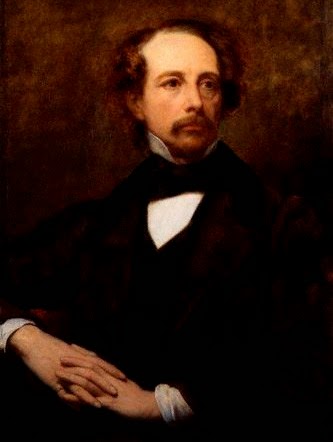(1892)
Only a night, and so much wrought!
The Old Year’s heart all weary grew,
But said: “The New Year rest has brought.”
The Old Year’s hopes its heart laid down,
As in a grave; but trusting, said:
“The blossoms of the New Year’s crown
Bloom from the ashes of the dead.”
The Old Year’s heart was full of greed;
With selfishness it longed and ached,
And cried: “I have not half I need.
My thirst is bitter and unslaked.
But to the New Year’s generous hand
All gifts in plenty shall return;
True love it shall understand;
By all my failures it shall learn.
I have been reckless; it shall be
Quiet and calm and pure of life.
I was a slave; it shall go free,
And find sweet peace where I leave strife.”
Only a night from old to new!
Never a night such changes brought.
The Old Year had its work to do;
No New Year miracles are wrought.
Always a night from old to new!
Night and the healing balm of sleep!
Each morn is New Year’s morn come true,
Morn of a festival to keep.
All nights are sacred nights to make
Confession and resolve and prayer;
All days are sacred days to wake
New gladness in the sunny air.
Only a night from old to new;
Only a sleep from night to morn.
The new is but the old come true;
Each sunrise sees a new year born.
Helen Hunt Jackson
(1831-1885)




